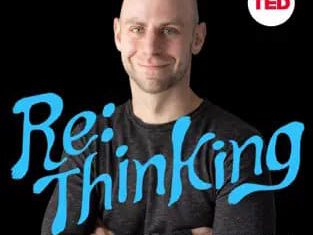The mental model of Second-Order Thinking simply means to look beyond your initial output, and think about what other consequences might result from it.
A great way to think about this is to use a similar pattern to the Five Whys, and just follow your decision with a few “And Then What?” statements.
A good example might be a task at work. It’s a task that you are great at doing, but really should start being handled by someone else. The next time it comes up, you take care of it yourself, and the first-order result is that you solved the problem and saved the day.
However, with some second-order thinking, you can consider the other ramifications of what you did:
- When it happens again, people will still turn to you.
- Others on your team aren’t learning this valuable skill.
- If they’re not learning, they’re not growing, which is bad for both parties.
Learning to delegate certain tasks and processes is much easier said than done, but second-order thinking can help you get there.
The Garden
Adam Amran at Untools has a great example related to gardening to show it from a different angle:
Consider the decision of buying a house outside of the city.
The immediate effects might be having a garden, more space for your family, but also suddenly living an hour away from work.
Now look at higher-order consequences of each:
– having a garden → able to grow your produce → having fresh herbs and vegetables
– more space for family → more rooms to clean → more stress from a messy home
– living an hour away from work → need to buy a car → spending two hours of each day in a car
There’s some good and some bad from each item, but unpacking those will help you make a more informed decision. Many of these mental models are intended to help with decision making, and second-order thinking is a great one to add to your toolkit.




